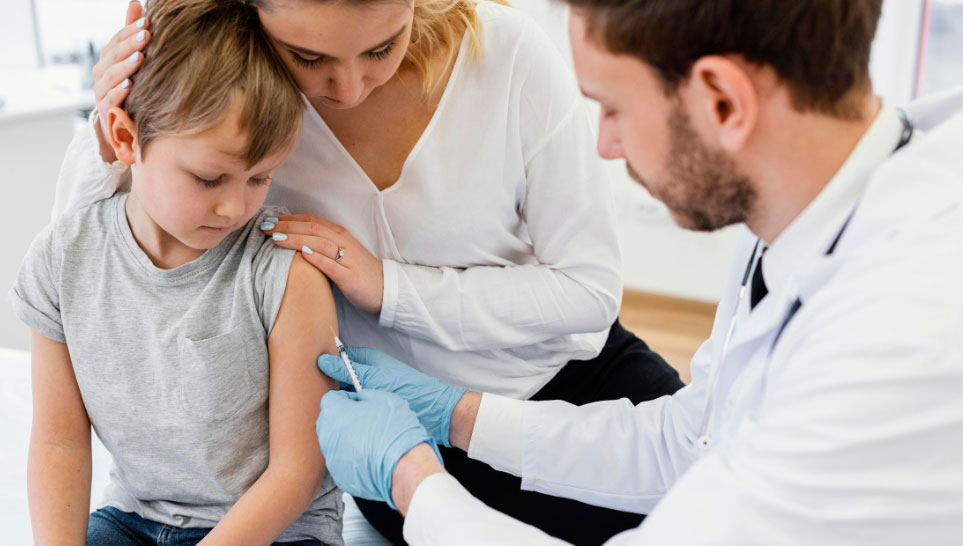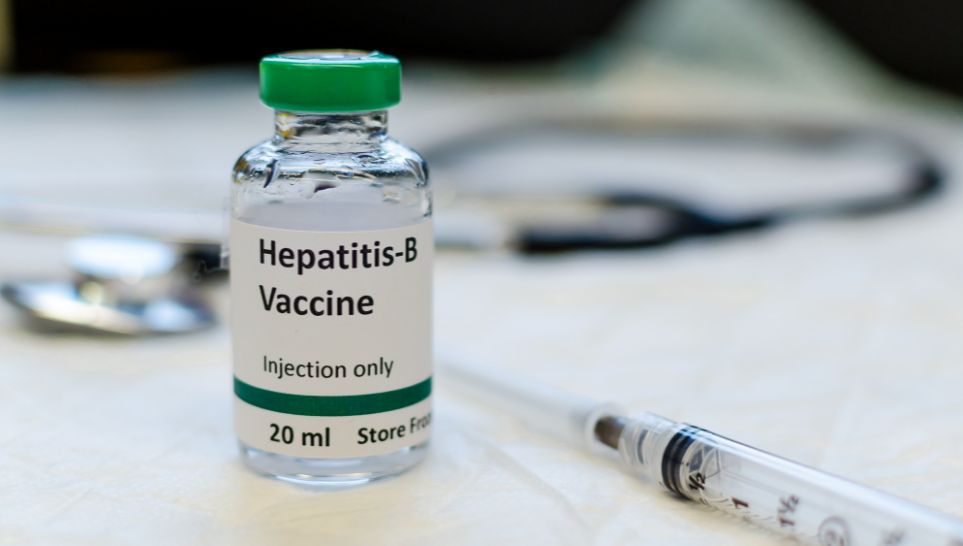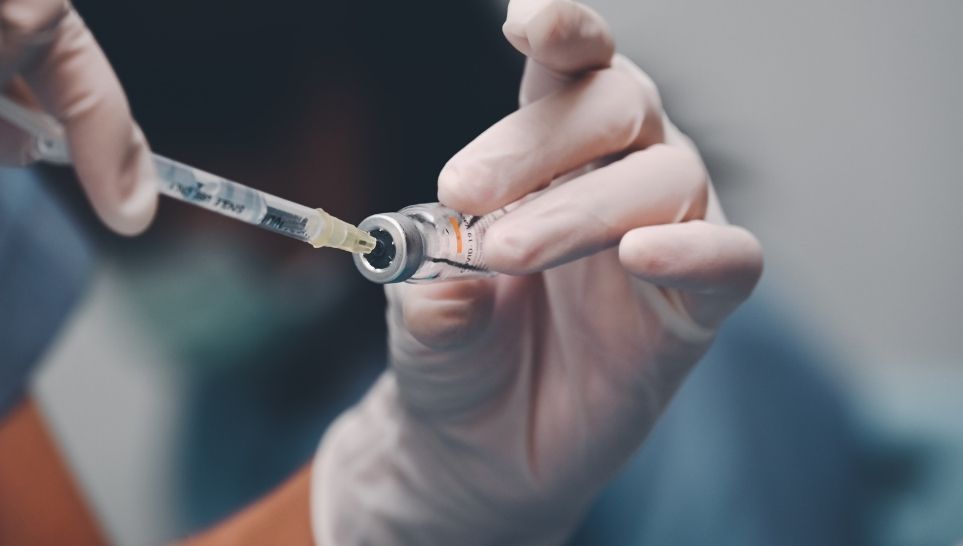It’s one of the most controversial topics in our nation: vaccines. This hot-button issue becomes even more polarizing when it concerns children. Most schools require parents to submit proof of vaccination for their kids before the new school year.
What shots do kids need for school, and are they safe for your children? Read on as Sadaka Law outlines the most common vaccine requirements for schools, including preschoolers, elementary grade schoolers, potential side effects, and exemptions.
What Are the Most Common Vaccines for Preschoolers?
DTaP (Diphtheria, Tetanus, Pertussis)
DTaP is a combination of the diphtheria, tetanus, and pertussis (whooping cough) vaccines. The Centers for Disease Control (CDC) recommends the DTaP vaccine for all ages, but it’s particularly important for infants and children.
Babies need a three-dose vaccine at two, four, and six months. Children between 15 and 18 months and between four to six years old need two boosters.
IPV (Polio Vaccine)
Most school systems require the inactivated polio vaccine (IPV), which protects against poliomyelitis, or polio. The CDC recommends babies and young children receive four doses staggered through two months up to six years.
As of 2000, the United States only allows the IPV polio vaccine. Your child will need at least three doses to get 99% protection against polio, which drops to 90% for two doses.
MMR (Measles, Mumps, and Rubella)
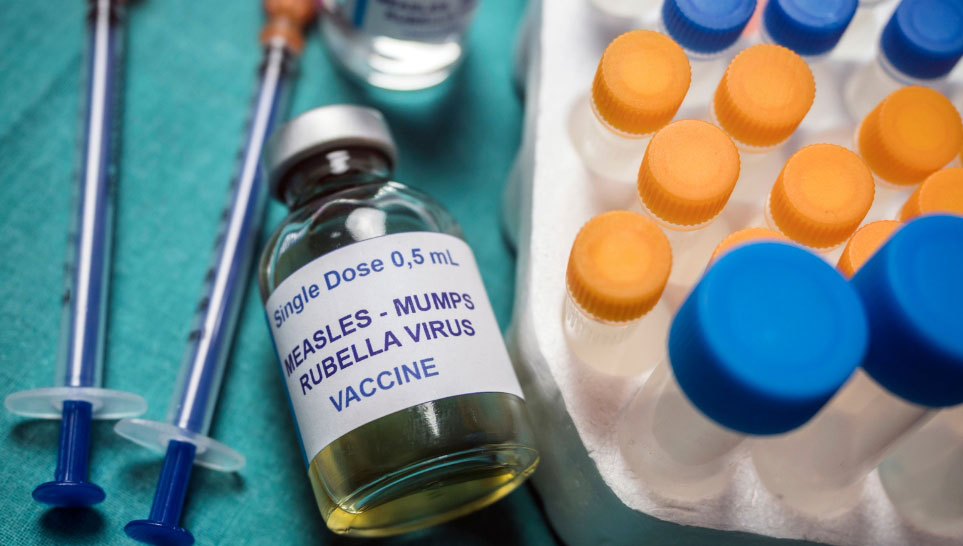
Preschool-age children may also need the MMR vaccine to prevent measles, mumps, and rubella. Unlike IPV and DTaP, children only need two doses. The first dose should be around age 12 to 15 months. Your healthcare provider can administer the second dose as early as 28 days after the initial shot, but the CDC recommends waiting until they are between four and six years old.
Varicella (Chickenpox)
The varicella-zoster virus (VZV), more commonly known as chickenpox, is one of the most common diseases children get. Chickenpox causes small, blister-like rashes that are intensely itchy.
Not until 1995 did the United States finally offer the varicella vaccine, which in the first 25 years prevented around 91 million cases of chickenpox and at least 2,000 deaths. Your preschool-age child should receive at least two doses, one between 12 and 15 months and the other between four and six years.
Hepatitis A and B
Hepatitis A is a dangerous disease that affects the liver. The CDC recommends two doses of the hepatitis A vaccine. The first should be between 12 months and 23 months. The second dose should be given at least six months after the initial vaccination.
Hepatitis B also affects the liver in both acute and chronic cases. You can choose between a two-, three-, or four-dose vaccination. Most children receive their first hep B shot after birth and finish between six and 18 months.
Recommended Vaccines for Grade School Children
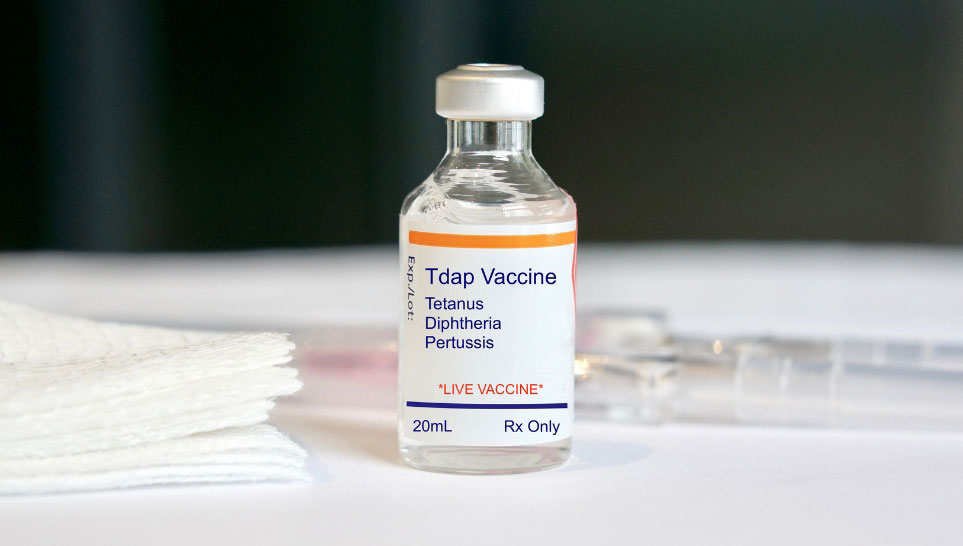
Tdap
Every state in the U.S. requires grade school children to have the Tdap vaccine before physically attending classes. It sounds similar to DTaP, and it is — but it’s really just the booster shot. Unlike the DTaP, the Tdap immunization is for adolescents and adults. The recommendation is for children ages 11 to 12 years old, which is around 6th and 7th grade.
HPV (Human Papillomavirus)
The right age for kids to receive the human papillomavirus (HPV) vaccine is between 11 and 12, although you may find some doctors who recommend it for children as young as nine. The HPV vaccine is two doses (as long as the child is younger than 14), and it’s very important to schedule the second dose within six to 12 months after the initial vaccination. If not, they’ll have to restart the process.
MenACWY and MCV4 (Meningococcal Disease)
The MenACWY vaccine protects against the bacteria that can cause meningococcal disease and infections of the brain and spinal cord lining and bloodstream. The right age for MenACWY is between 11 and 12 years old. The MCV4 immunization is a meningococcal conjugate suitable for children ages two and up. MCV4 is about 85% to 90% effective.
Hib (Haemophilus Influenzae Type b)
Certain states require the Hib vaccine for children entering kindergarten before they turn five years old. The immunization series is three or four shots, which should occur at:
- Two months
- Four months
- Six months
- 12 to 15 months
Most older children and grown adults do not need to receive the Hib vaccine.
What Is the Recommended Vaccine Schedule and Timing for Children?

The Advisory Committee on Immunization Practices (ACIP) is under the CDC’s oversight and sets the annual vaccine schedule for children.
| Vaccine | Age | Recommended Doses |
| DTaP | 2, 4, 6 months 15 – 18 months 4 – 6 years |
5 |
| HepB | Birth 1 – 2 months 6 – 18 months |
3 |
| Hib | 2, 4, 6 months 12 – 15 months |
3 – 4 |
| HepA | 12 months 18 – 23 months |
2 |
| Tdap | 11 – 12 years | 1 |
| RV | 2 & 4 months Or 2, 4, 6 months |
2 – 3 |
| IPV | 2, 4 months 6 – 18 months 4 – 6 years |
4 |
| MMR | 12 – 15 months 4 – 6 years |
2 |
| Influenza | 6 months + | Yearly |
| VAR | 12 – 15 months 4 – 6 years |
2 |
| MenACWY | 11 – 12 years 16 years |
2 – 3 |
| COVID-19 | 6 months + | 2 – 3 |
| Pneumococcal | 2, 4 months 6 – 18 months 12 – 15 months |
4 |
Common Side Effects Associated With Vaccines
It’s important to note that any vaccine could cause your child to experience unwanted side effects. The most common symptoms are usually soreness at the injection site or sometimes a low fever, both of which are relatively minor and disappear quickly.
While serious side effects can be rare, they still happen. At Sadaka Law, we provide legal representation to people who have suffered vaccine injuries. The three types of injuries most common after vaccinations are as follows:
Shoulder and Arm Injuries
Nerve Injuries
Injuries to the Blood
- Idiopathic thrombocytopenia (abnormal clotting)
What Are the Different Types of Vaccine Exemptions and Waivers?
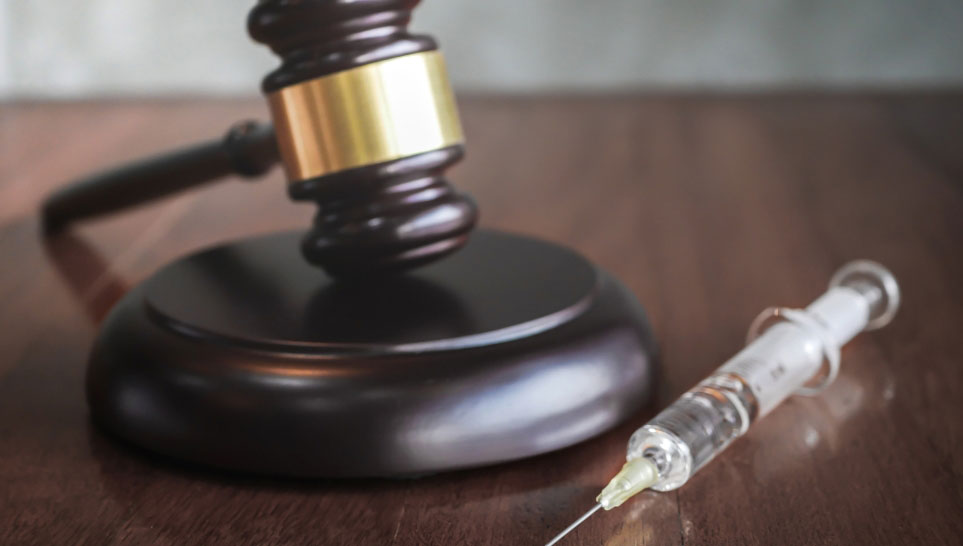
Is your child eligible for a vaccine exemption? In the U.S., the only possible vaccine exemptions are for medical reasons, religious reasons, or personal beliefs.
Medical Exemptions
Every state in the U.S. (and DC) allows vaccine exemptions for medical reasons. Any child with a specific health condition that prevents them from safely receiving an immunization or vaccination can apply for a medical exemption.
For example, a child who has a compromised immune system — whether permanent or temporary — may qualify. Children with severe allergies and those with prior serious reactions may also be exempt.
Religious Exemptions
Only certain states allow a religious vaccine exemption. It’s only for families who belong to a religion that has legitimate objections to vaccinations. Cases in which the family has moral, scientific, personal, medical, or philosophical reasons for not wanting their children to receive a vaccine do not qualify for this particular exemption.
Personal Belief Exemptions
Twenty out of 50 states in America will grant vaccine exemptions based on a family’s personal beliefs. The application process varies, but most schools only require parents to submit a form once each year describing their objections.
What Are the Common Myths and Misconceptions Surrounding Vaccines?
Even though some people do suffer vaccine injuries or have adverse reactions to immunizations, most are relatively safe. Myths and misconceptions about vaccines include the following:
Vaccines Have Toxic Ingredients
Somewhat true. You may have heard exaggerated claims about mercury and formaldehyde, which would be toxic in high amounts. However, such ingredients in vaccines are well within acceptable levels. Of greater concern is that some people might be allergic to certain additives, like egg proteins or gelatin.
Your Body’s Natural Immunity Is Stronger Than Vaccines
False — but neither are vaccines stronger than the body’s natural immunity. The advantage of vaccines and boosters is that you can strategically time the body’s immune response, which wanes naturally over time. Moreover, a vaccine allows your body to develop immunity to certain diseases without the possibility of damaging side effects and symptoms.
Vaccines Can Cause Autism
False. Many people believe this myth thanks to a now-discredited study. Research has proved there’s no link between autism and vaccinations.
Are Vaccines Safe and Effective for Children?

Many parents reluctant to vaccinate their children believe immunizations are unsafe or don’t work. No vaccine is 100% effective. However, data have shown that most vaccines for children are 90% to 99% effective at preventing diseases like measles, mumps, polio, etc. In the event a child does get a vaccine-preventable disease, their symptoms are usually mild.
Where Can You Get Your Kids’ Shots?
Most of the recommended vaccines for children are available at their doctor’s office. That’s not the only place, though. Besides your primary care physician, you can make vaccination appointments at:
- Pharmacies (CVS, Walgreens, etc.)
- Local and state health departments
- Federally funded health centers
- Travel clinics
Did You Suffer a Vaccine Injury? Call Sadaka Law Now
What shots do kids need for school? Most states and school systems have similar immunization requirements, like DTaP, IPV, MMR, varicella, Tdap, Hib, and the others we discussed above. Many children experience no major side effects from vaccines, but injuries can occur. If your child suffered a vaccine injury, don’t wait. Contact Sadaka Law now at 800-810-3457 to schedule a consultation with our legal team.
